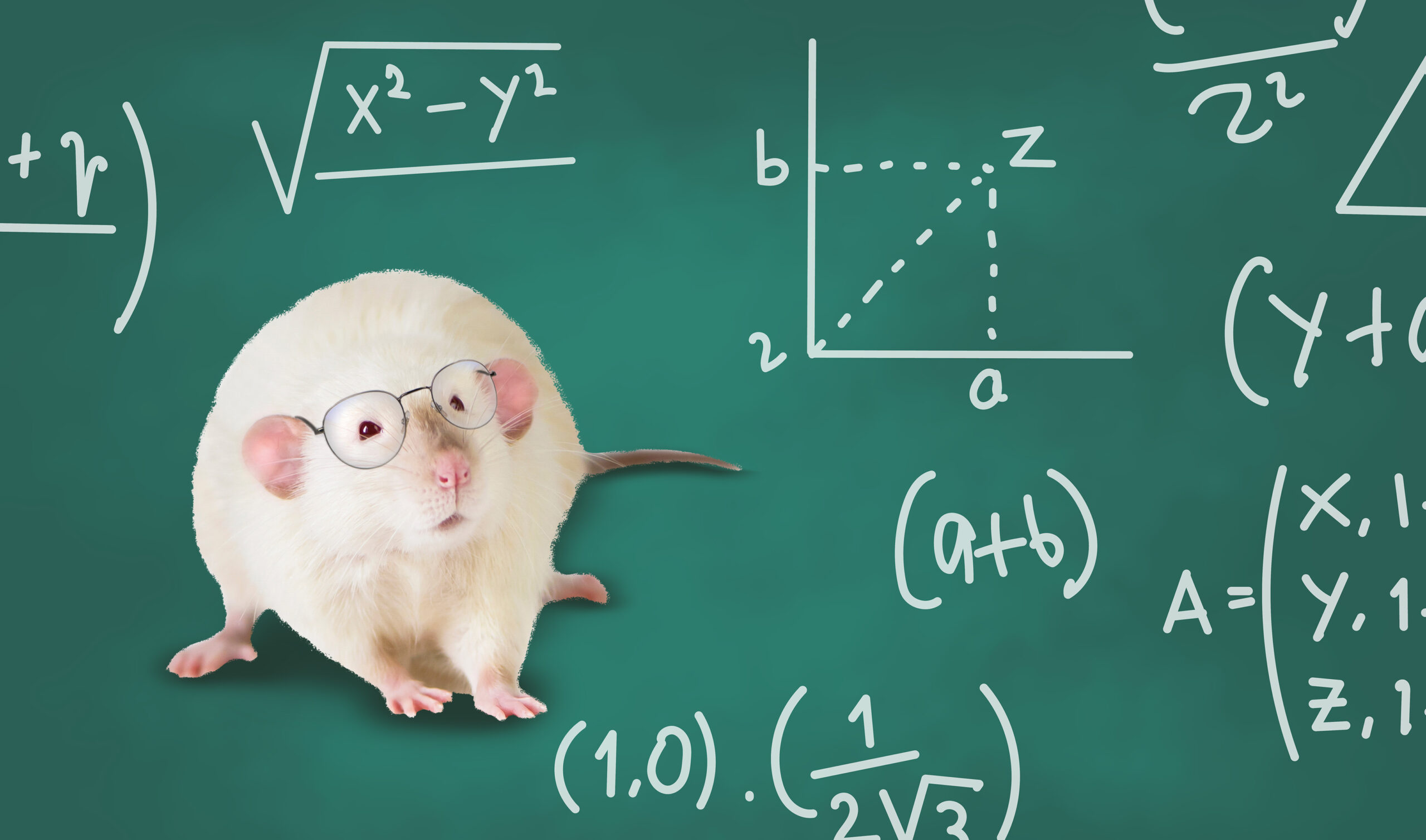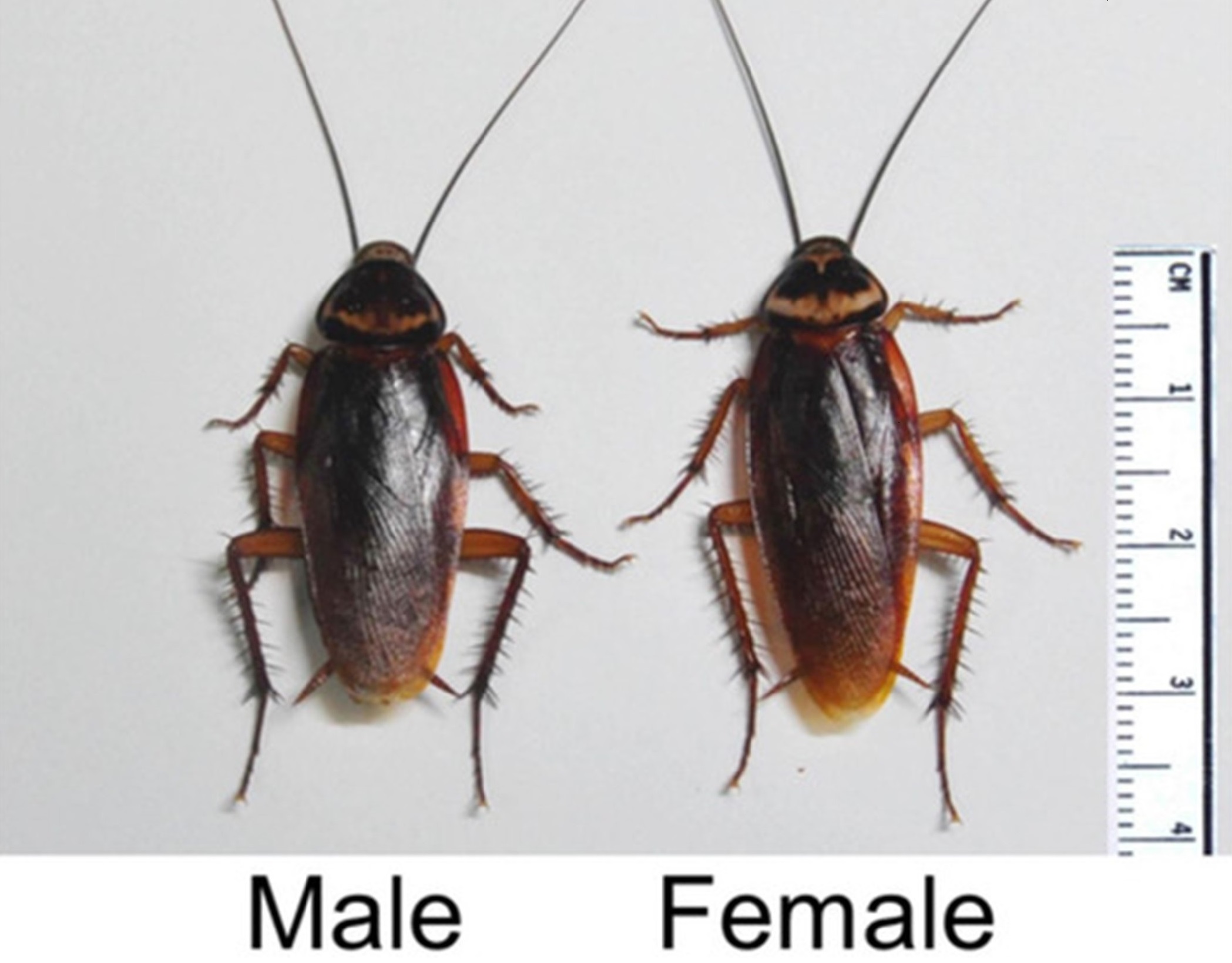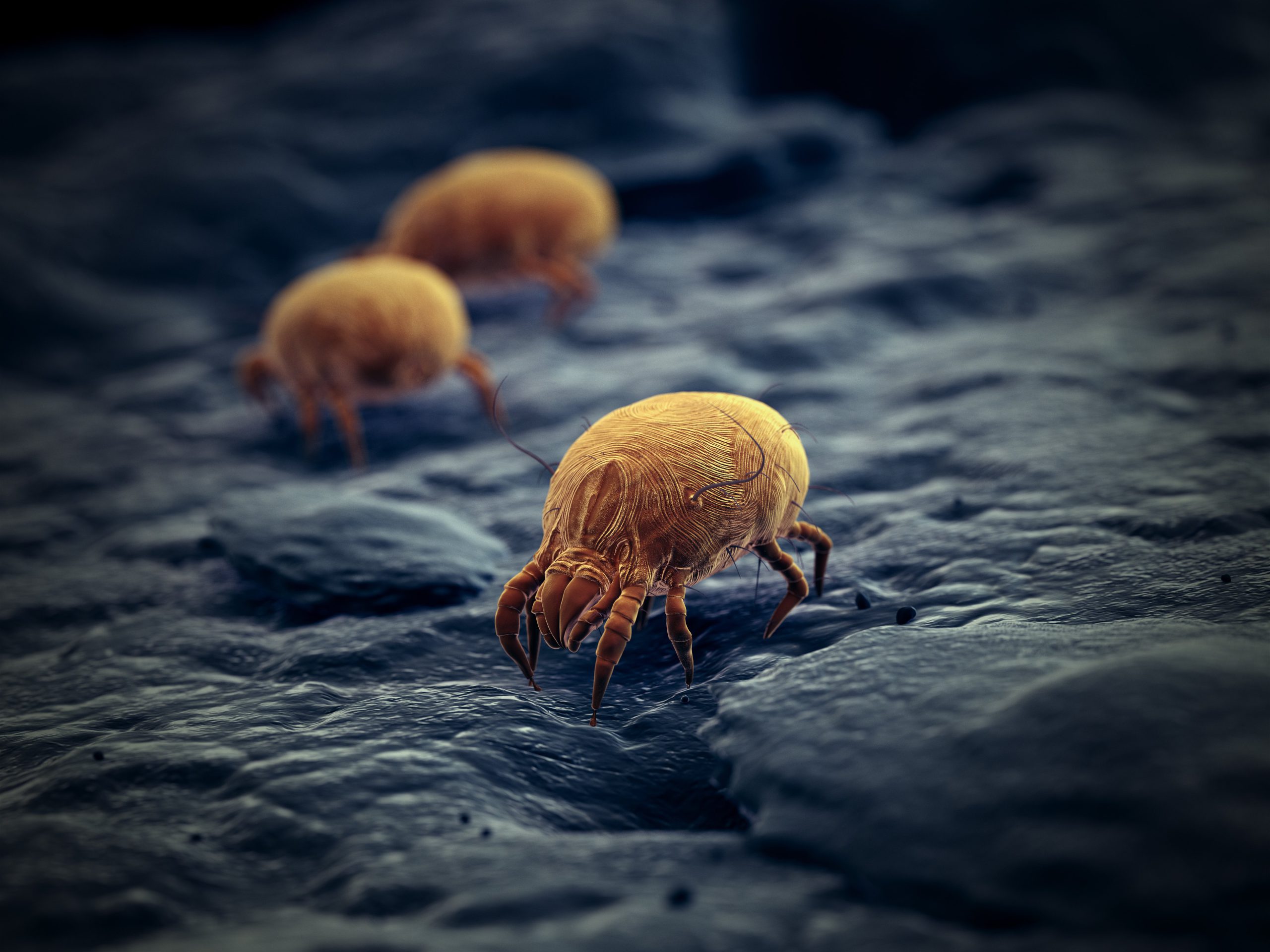English
繁體中文
简体中文

Some of CUHK’s stellar stars have received recognition that they richly deserve. Profes-sor Edward Ng Yan-yung has been honoured with the Luke Howard Award, our student teams have triumphed at the iGEM competition, winning gold and silver medals, and sev-eral of our scholars have been named Highly Cited Researchers 2024. Found out more about these inspiring accomplishments.

Rats with mathematical minds? Groundbreaking research led by neuroscientists from CUHK and CityUHK has confirmed that these furry friends possess a specific brain region dedicated to numerical processing and can be educated to distinguish among numbers, challenging the notion that maths is the sole preserve of humans. Explore the surprising cognitive abilities of these little rodents and the potential they create for novel interventions for human learning disabilities.

One of the most innovative universities in the city and the region, CUHK is committed to producing impactful research and propelling innovation in Hong Kong and beyond. Recently, CUHK students and scholars have excelled in several national and international competitions, while the CUHK Hong Kong-Shenzhen Innovation and Technology Research Institute (Futian) (FITRI) has recently been unveiled to foster cross-border I&T collaboration.

If you were to ask people which pest they hate the most, many would answer “cockroaches”, not only because of their unpleasant appearance but also because they can trigger allergic reactions such as asthma. Fortunately, a CUHK’s Faculty of Medicine team is producing the world’s most comprehensive genome profile of the American cockroach, aiding future diagnosis of cockroach allergy.

The bed you lie in, the food you eat - mites are everywhere. For people with mite allergy, they are devils causing itchy skins, shortness of breath, or even triggering severe diseases. Fortunately, a CUHK team has observed the unusual phenomenon on the evolution of astigmatic mites, laying the genomic groundwork for diagnosing and intervening in some dangerous human mite allergies.

Neuronal networks in the brain and spinal cord use a mechanism to adjust muscle commands for the way you run, depending on your body condition and experience. Research has found that muscle patterns – “muscle synergies” – are changed and merged across age and training groups, allowing runners to run longer with more energetic efficiency.

Diabetes, already a major killer, could increase the risk of sufferers being infected by COVID-19 and severely. The alarm has been raised by researchers who have applied advanced statistical analysis to possible virus risks, and shed light on drug development for it. Diabetes patients need to watch their diets and be extra vigilant.

Previously unknown brain circuitry can generate repetitive behaviour that fends off harm from emotional stress. CUHK biomedical scientists find that responses like compulsive hand rubbing when anxious are coping mechanisms not to be repressed. That circuitry gone awry can also be a research lead into OCD and autism.